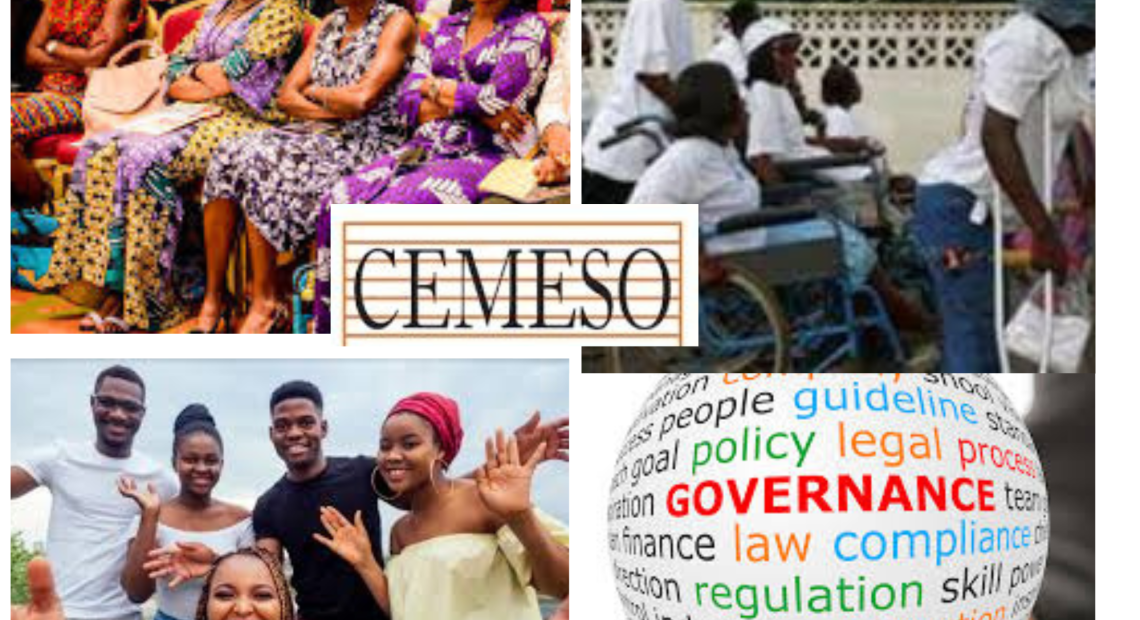By Olaitan Oye-Adeitan What are the barriers to the full inclusion of women, youths and people with disabilities in the political sphere of life? Are Women ready to pick up the challenge? Is the not-too-young-to-rule law realistic in practicality? Any help for people with disabilities? These Continue Reading
Weekend Treat
Trending Now
Yoruba News
Recent Posts
Categories
Archives
iframe: google.com, pub-5160901092443552, DIRECT, f08c47fec0942fa0
This is the head of your page
This is the body of your page.
